Deployment of Machine Learning Models
Loại khoá học: Data Science
Learn how to integrate robust and reliable Machine Learning Pipelines in Production
Mô tả
Welcome to Deployment of Machine Learning Models, the most comprehensive machine learning deployments online course available to date. This course will show you how to take your machine learning models from the research environment to a fully integrated production environment.
What is model deployment?
Deployment of machine learning models, or simply, putting models into production, means making your models available to other systems within the organization or the web, so that they can receive data and return their predictions. Through the deployment of machine learning models, you can begin to take full advantage of the model you built.
Who is this course for?
If you’ve just built your first machine learning models and would like to know how to take them to production or deploy them into an API,
If you deployed a few models within your organization and would like to learn more about best practices on model deployment,
If you are an avid software developer who would like to step into deployment of fully integrated machine learning pipelines,
this course will show you how.
What will you learn?
We'll take you step-by-step through engaging video tutorials and teach you everything you need to know to start creating a model in the research environment, and then transform the Jupyter notebooks into production code, package the code and deploy to an API, and add continuous integration and continuous delivery. We will discuss the concept of reproducibility, why it matters, and how to maximize reproducibility during deployment, through versioning, code repositories and the use of docker. And we will also discuss the tools and platforms available to deploy machine learning models.
Specifically, you will learn:
The steps involved in a typical machine learning pipeline
How a data scientist works in the research environment
How to transform the code in Jupyter notebooks into production code
How to write production code, including introduction to tests, logging and OOP
How to deploy the model and serve predictions from an API
How to create a Python Package
How to deploy into a realistic production environment
How to use docker to control software and model versions
How to add a CI/CD layer
How to determine that the deployed model reproduces the one created in the research environment
By the end of the course you will have a comprehensive overview of the entire research, development and deployment lifecycle of a machine learning model, and understood the best coding practices, and things to consider to put a model in production. You will also have a better understanding of the tools available to you to deploy your models, and will be well placed to take the deployment of the models in any direction that serves the needs of your organization.
What else should you know?
This course will help you take the first steps towards putting your models in production. You will learn how to go from a Jupyter notebook to a fully deployed machine learning model, considering CI/CD, and deploying to cloud platforms and infrastructure.
But, there is a lot more to model deployment, like model monitoring, advanced deployment orchestration with Kubernetes, and scheduled workflows with Airflow, as well as various testing paradigms such as shadow deployments that are not covered in this course.
Want to know more? Read on...
This comprehensive course on deployment of machine learning models includes over 100 lectures spanning about 10 hours of video, and ALL topics include hands-on Python code examples which you can use for reference and re-use in your own projects.
In addition, we have now included in each section an assignment where you get to reproduce what you learnt to deploy a new model.
So what are you waiting for? Enroll today, learn how to put your models in production and begin extracting their true value.
Bạn sẽ học được gì
Build machine learning model APIs and deploy models into the cloud
Send and receive requests from deployed machine learning models
Design testable, version controlled and reproducible production code for model deployment
Create continuous and automated integrations to deploy your models
Understand the optimal machine learning architecture
Understand the different resources available to productionise your models
Identify and mitigate the challenges of putting models in production
Yêu cầu
- A Python installation
- A Git installation
- Confidence in Python programming, including familiarity with Numpy, Pandas and Scikit-learn
- Familiarity with the use of IDEs, like Pycharm, Sublime, Spyder or similar
- Familiarity with writing Python scripts and running them from the command line interface
- Knowledge of basic git commands, including clone, fork, branch creation and branch checkout
- Knowledge of basic git commands, including git status, git add, git commit, git pull, git push
- Knowledge of basic CLI commands, including navigating folders and using Git and Python from the CLI
- Knowledge of Linear Regression and model evaluation metrics like the MSE and R2
Nội dung khoá học
Viết Bình Luận
Khoá học liên quan

Đăng ký get khoá học Udemy - Unica - Gitiho giá chỉ 50k!
Get khoá học giá rẻ ngay trước khi bị fix.



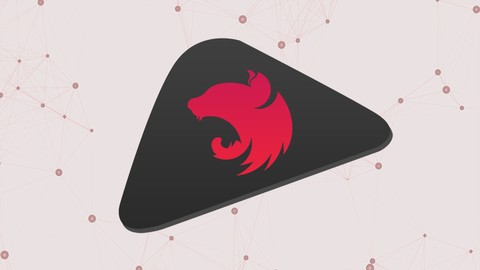






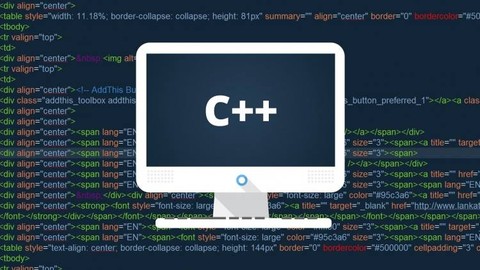
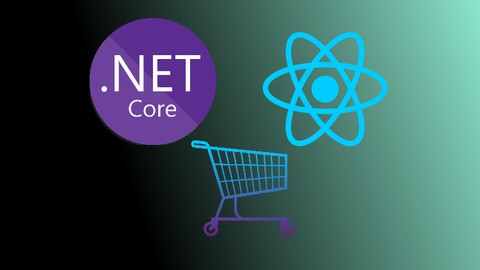

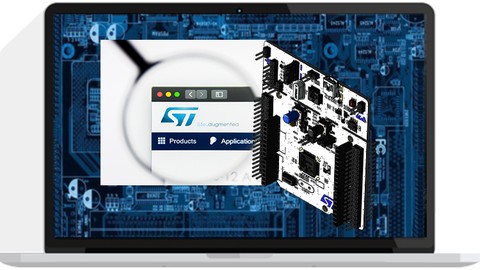


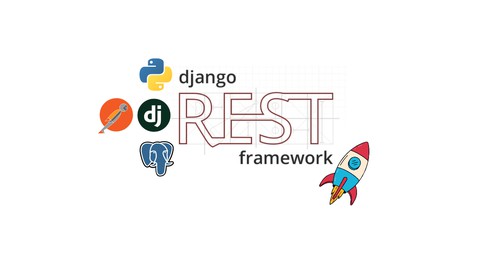
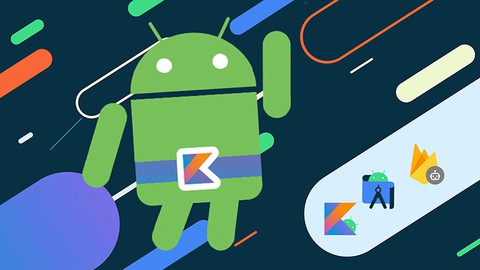
Đánh giá của học viên
Bình luận khách hàng